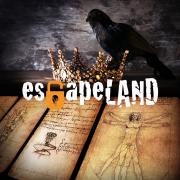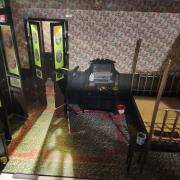
Over the past 10 years, an epidemic has swept across Europe and North America, in-game loot boxes. In-game loot boxes are items video game players can acquire with real money and when these loot boxes are opened, users will get a randomized selection of items which can benefit them in the game. However, by using real-life funds to use a glorified randomizer, some could describe this as unregulated gambling.
Some examples of in game gambling are ‘packs’ in the very popular football series FIFA and ‘crates’ in the car game Rocket League, both these games have an age rating of 3 years, meaning children as young as 3 are allowed to use loot boxes. These random chance boxes have been discovered to use techniques which are highly addictive and often found in casinos and betting shops but there is one key difference, these games companies are targeting under 18s.
One country which has taken action against this system is Belgium, the country has taken a strict line on gambling in general and especially loot boxes. Despite Electronic Arts, the creators of FIFA, describing their system as ‘surprise mechanics’ and ‘similar to Kinder Surprise eggs’, Belgium has ruled that loot boxes are a form of gambling accessible to children and therefore banned them. This decision has been praised by gamers worldwide and possess the question to the UK government, should they do the same.



























